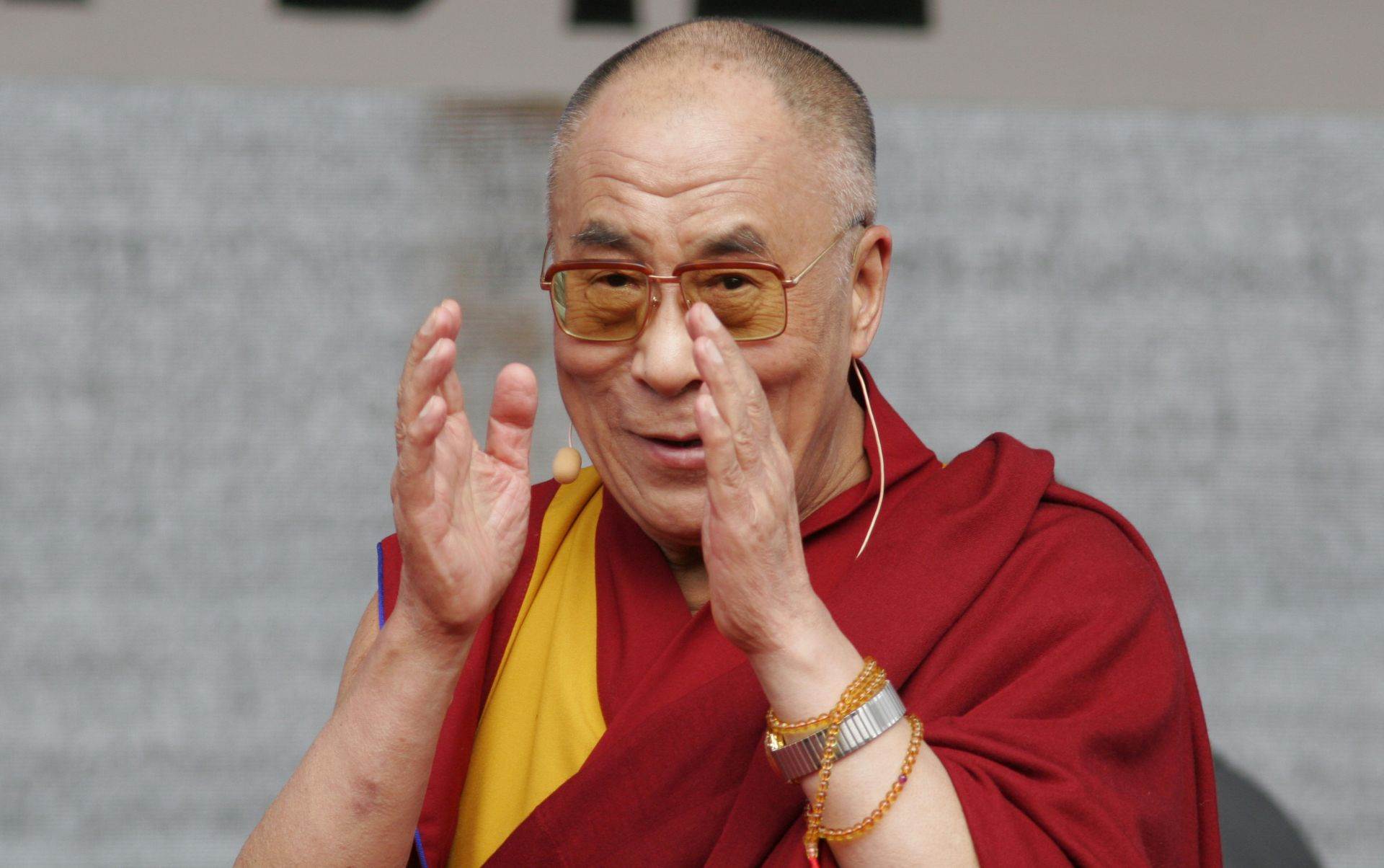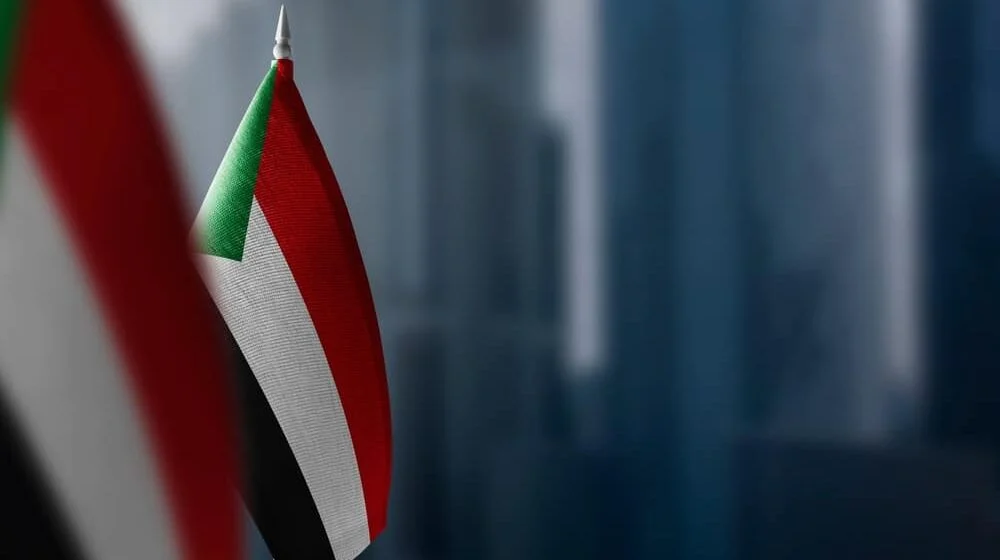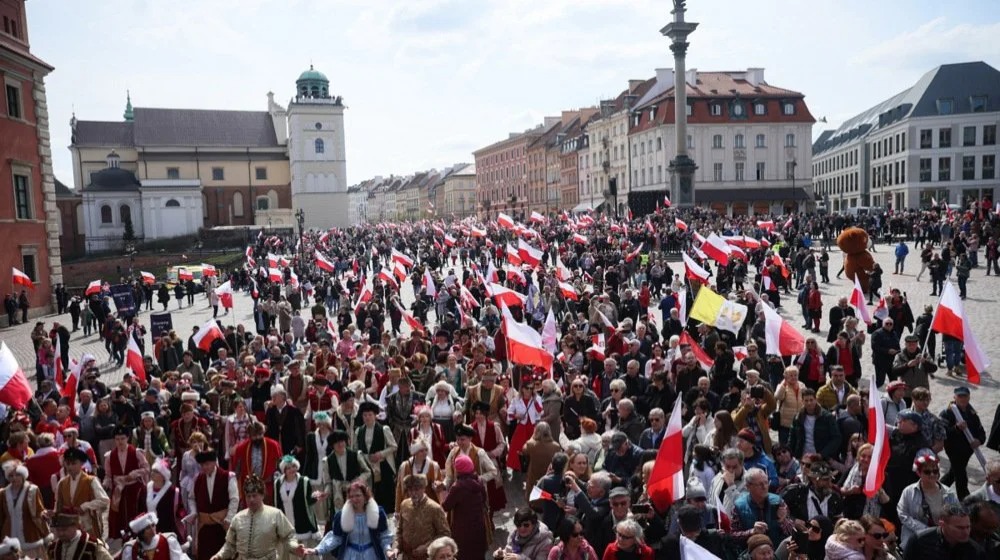
Dalai Lama Confirms He Will Have a Successor: All About the Spiritual Leader of Tibetan Buddhists and the Tibet-China Conflict
The spiritual leader of Tibetan Buddhists, the Dalai Lama, has directly challenged China by announcing that the centuries-old spiritual institution bearing his name will continue after his death, and that only his close circle—not Beijing—will have the authority to choose his successor.
According to The Guardian, in a video message aired on Wednesday during a prayer ceremony ahead of his 90th birthday this weekend, the 14th Dalai Lama said that the Gaden Phodrang Trust, which manages his affairs, will oversee the search for “his reincarnation.”
“No one else has the authority to interfere in this matter,” he said in Dharamshala, a hillside city in northern India that serves as the seat of the Tibetan government-in-exile. “In accordance with past tradition, the search for my reincarnation and the appointment of the 15th Dalai Lama will be carried out.”
The Gaden Phodrang Trust is a nonprofit organization founded by the Dalai Lama. It supports his spiritual and humanitarian work, reports Reuters.
The Dalai Lama had previously suggested that he might be the last in the line of succession, but said consultations with senior spiritual leaders and appeals from the Tibetan public—including from Tibet under Chinese rule—convinced him otherwise.
“In light of all these requests, I confirm that the institution of the Dalai Lama will continue,” he told senior Buddhist monks. He said clear written instructions will be left, but did not go into further detail.
Selecting the Dalai Lama’s Successor
The selection of the Dalai Lama’s successor, the spiritual head of Tibetan Buddhists, is a matter of great interest not only to millions of his followers but also to China, India, and the United States for strategic reasons.
The Nobel Peace Prize winner, who turns 90 this Sunday, is considered one of the world’s most influential figures, with followers that extend far beyond Buddhism, explains Reuters.
China annexed Tibet in 1951 and has since maintained tight control over the region, The Guardian recalls. China has declared that only Beijing has the right to choose the next Dalai Lama, and that state approval is required by law for all high-ranking Tibetan religious leaders.
China insists that the “Golden Urn” – a Qing dynasty ritual in which names are drawn by lot from a ceremonial vessel – is the only legitimate method for identifying reincarnated lamas. The Communist Party must approve the final choice.
Beijing has already used this method to assert control. After the death of the 10th Panchen Lama, Tibet’s second-highest spiritual authority, in 1995, the Dalai Lama recognized a six-year-old boy as his reincarnation.
The boy and his family disappeared into Chinese custody just days later and have not been seen since. China appointed its own candidate, who was largely rejected by Tibetans. According to Chinese state media, the Panchen Lama approved by Beijing met with President Xi Jinping last month and pledged loyalty to the Communist Party.
The Dalai Lama has stated that his successor will be born in a free country, opening the possibility that the next reincarnation may appear among the Tibetan diaspora—about 140,000 people worldwide, half of whom live in India. He also said the next Dalai Lama could be an adult and not necessarily male.
“The message is that the institution of the Dalai Lama will continue,” said Lobsang Tenzin, the Dalai Lama’s foundation’s second highest-ranking leader, known by his religious title Samdhong Rinpoche, at a press conference in Dharamshala. “There will be a 15th Dalai Lama. There will be a 16th.” He said the Dalai Lama will issue detailed instructions on how to continue the search for the next reincarnation.
What Do Chinese Authorities Say?
Beijing quickly dismissed the Dalai Lama’s statement.
“The reincarnation of the Dalai Lama, the Panchen Lama, and other major Buddhist figures must be chosen by drawing lots from the Golden Urn and be approved by the central government,” said Chinese Foreign Ministry spokesperson Mao Ning.
“Tibetan Buddhism was born in China and is a religion with Chinese characteristics,” she said at a press briefing.
The conflict highlights the long-standing power struggle between Beijing and the Dalai Lama over control of Tibetan Buddhism’s most sacred role. Most Tibetan Buddhists, both in Tibet and in exile, oppose China’s strict control over the region.
Tibetan Buddhists believe the Dalai Lama is the earthly manifestation of Avalokiteshvara, a revered figure in Buddhism known as the Bodhisattva of Compassion – a spiritual being who remains in the world to guide others toward enlightenment.
Traditionally, only the current Dalai Lama—or those he designates—can identify his successor, using visions, signs, and consultations with senior lamas and religious guardians.
Tenzin Gyatso, the 14th Dalai Lama, was born Lhamo Thondup on July 6, 1935, to a farming family in today’s Qinghai Province in far northwestern China, reports Reuters.
He was identified as the reincarnation by a search team sent by the Tibetan government when he was just two years old. The decision was based on several signs, including a vision revealed to a senior monk, according to the Dalai Lama’s website, as quoted by Reuters. The searchers became convinced they had found the reincarnation when the child identified items belonging to the 13th Dalai Lama with the phrase: “This is mine, this is mine.”
In February 1940, Lhamo Thondup was officially installed as the spiritual leader of Tibetans in a ceremony at the Potala Palace in Lhasa, now the capital of the Tibet Autonomous Region.
The Dalai Lama has lived in exile in northern India since 1959, after fleeing a failed uprising against the communist rule of Mao Zedong.
In his book “A Voice for the Voiceless,” published in March 2025, the Dalai Lama said his successor would be born outside China.
He wrote that details about his succession would be announced around his 90th birthday.
He received the Nobel Peace Prize in 1989 “for his struggle for peaceful solutions based on tolerance and mutual respect,” The Guardian recalls.
“The purpose of reincarnation is to continue the predecessor’s work. The new Dalai Lama will be born in a free world,” he wrote in the book.
The deputy speaker of the Tibetan parliament-in-exile, Dolma Tsering Teykhang, said: “The world needs to hear directly from His Holiness. China tries to vilify him at every opportunity… They’re trying to set rules and regulations to take the Dalai Lama’s reincarnation process into their own hands.”
The succession dispute has also heightened tensions between China and India, which granted asylum to the Dalai Lama after he fled Tibet. According to The Guardian, over 100,000 Tibetans live in exile in India. New Delhi officially recognizes Tibet as part of China but also allows the Tibetan government-in-exile to operate from Dharamshala.
Many Indians express deep respect for the Dalai Lama, and international relations experts say his presence in India gives New Delhi a strategic edge over rival China, Reuters reports.
The reincarnation issue has drawn global attention. In 2020, the United States passed the Tibetan Policy and Support Act, threatening sanctions against Chinese officials who interfere in the selection process.
The U.S., facing growing competition from China for global dominance, has repeatedly affirmed its commitment to advancing the human rights of Tibetans.
In 2024, then-president Joe Biden signed a law pressuring Beijing to resolve the conflict over Tibet’s demand for greater autonomy.
The EU has expressed support for religious freedom in Tibet but has not taken a formal stance on reincarnation.





